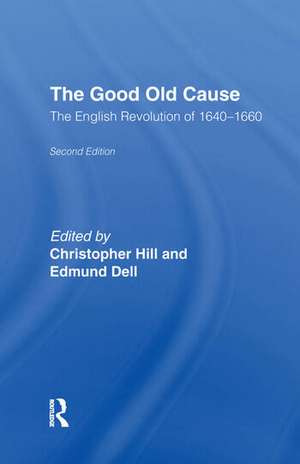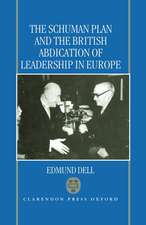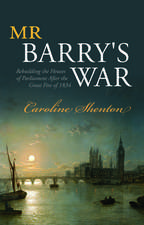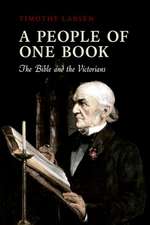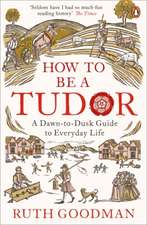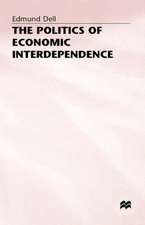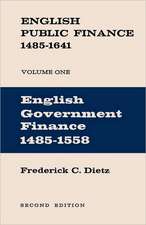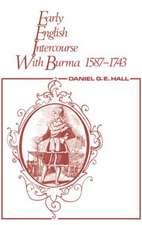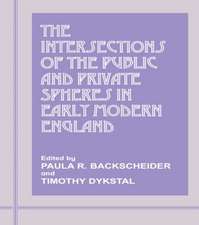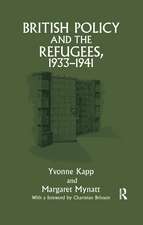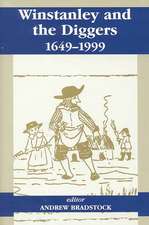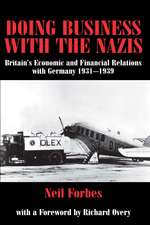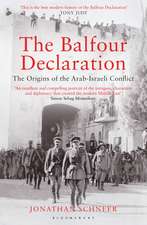The Good Old Cause: English Revolution of 1640-1660
Editat de Edmund Dell, Christopher Hillen Limba Engleză Hardback – 23 dec 2016
| Toate formatele și edițiile | Preț | Express |
|---|---|---|
| Paperback (1) | 242.28 lei 6-8 săpt. | |
| Taylor & Francis – 14 noi 1969 | 242.28 lei 6-8 săpt. | |
| Hardback (1) | 234.90 lei 6-8 săpt. | |
| Taylor & Francis – 23 dec 2016 | 234.90 lei 6-8 săpt. |
Preț: 234.90 lei
Preț vechi: 315.18 lei
-25% Nou
Puncte Express: 352
Preț estimativ în valută:
44.95€ • 46.65$ • 37.57£
44.95€ • 46.65$ • 37.57£
Carte tipărită la comandă
Livrare economică 15-29 martie
Preluare comenzi: 021 569.72.76
Specificații
ISBN-13: 9781138179462
ISBN-10: 1138179469
Pagini: 488
Dimensiuni: 129 x 198 mm
Greutate: 0.45 kg
Ediția:1
Editura: Taylor & Francis
Colecția Routledge
Locul publicării:Oxford, United Kingdom
ISBN-10: 1138179469
Pagini: 488
Dimensiuni: 129 x 198 mm
Greutate: 0.45 kg
Ediția:1
Editura: Taylor & Francis
Colecția Routledge
Locul publicării:Oxford, United Kingdom
Cuprins
Part 1 Social classes before 1640: the landed class; feudal sources of revenue; landowners in developing bourgeois society; sales of land; the new gentry; merchants; the bourgeoisie; the new power of money; hymn for a merchant; a merchant's advice to his son; yeomen; conflicting standards; the lower orders; contrasts of wealth and poverty; paupers; class feeling; the peasant tradition. Part 2 Economic life before 1640: depopulation; peasant grievances; agrarian discontent; direct action; petition against enclosure; London's merchant companies; for free trade; the clothing industry; royal interference with the clothing industry; monopolies; failure to protect interests of merchants. Part 3 The state machine before 1640: the crown; feudal monarchy; a royal favourite; sale of offices and honours; the aristocracy depend on court pickings; the star chamber; the high commission; class privileges spread too wide; the law courts; in prison; justices of the peace; class rule; whom did the House of Commons represent?; danger of military absolutism; parliament and crown; a revolutionary scene; forebodings of conflict; the financial situation; growing difficulties; ship money. Part 4 Church and state before 1640: the doctrines of the Church of England; church and state are one; religion as an instrument of government; what parliamentarians objected to in the church; archbishop laud; what cavaliers objected to in the puritans; what was a puritan?; what the cavaliers feared; Protestantism and the bourgeoisie; the Roman Catholic threat; threat to the reformation in Scotland; threat to the reformation in Ireland; the new philosophy. Part 5 The international situation: an ambassador's observations; appeasing international reaction; the parliamentary attitude; relation of home and foreign policy; influence of the Netherlands; the Dutch Republic - a model and a rival. Part 6 The storm breaks: the opposition organizes; popular pressure on the government; the impeachment of Strafford; abolition of the star chamber; financial control; Charles I tries a coup d'etat; control of the church; the end of government without parliament; appeal to the people; Charles tries another coup; a revolutionary situation; preparations for war; bourgeoisie and parliament; the two sides line up; gentry versus freeholders; cavaliers and roundheads; the class division; importance of the city; fears of the gentry; how to deal with democrats. Part 7 The civil war: causes of civil wars; historical analyses; contemporary views of the causes of the war; parliamentary debate on the causes of the war; religion or class interests?; the parliamentary army and navy; the royalist army; parliamentary finance; royalist finance; effects of war on relations of landlord and tenant; social unrest; the class struggle; administration by parliament; anxiety of the aristocracy; Scottish army versus democracy; Scottish army in English politics; Cromwell demands an army that will fight; the new model ar
